Book Reviews

CEME reviews books focused on issues ranging from economic history and management practices to theology and pragmatic business concerns related to our core interests. These comprise a mix of recently published books and books published over the course of the last thirty years or so which we think should not be forgotten.
We generally do not review books that may be regarded as “classics” (on the basis that they are already well known) or books that are aimed solely at an academic or other specialist audience (since our aim is to assist the non-specialist who want seriously to think through current issues).
Filter by subject
Search all reviews
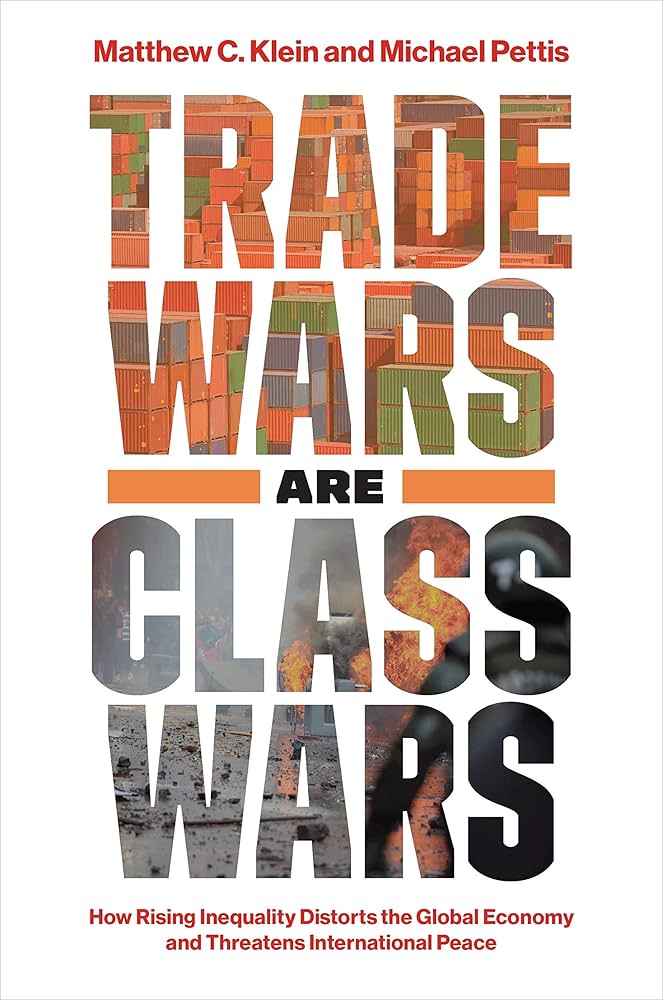
Gordon Menzies: Trade Wars Are Class Wars
Trade Wars Are Class Wars offers a bold reinterpretation of global trade tensions, but the narrative attributes too much explanatory power to class conflict.
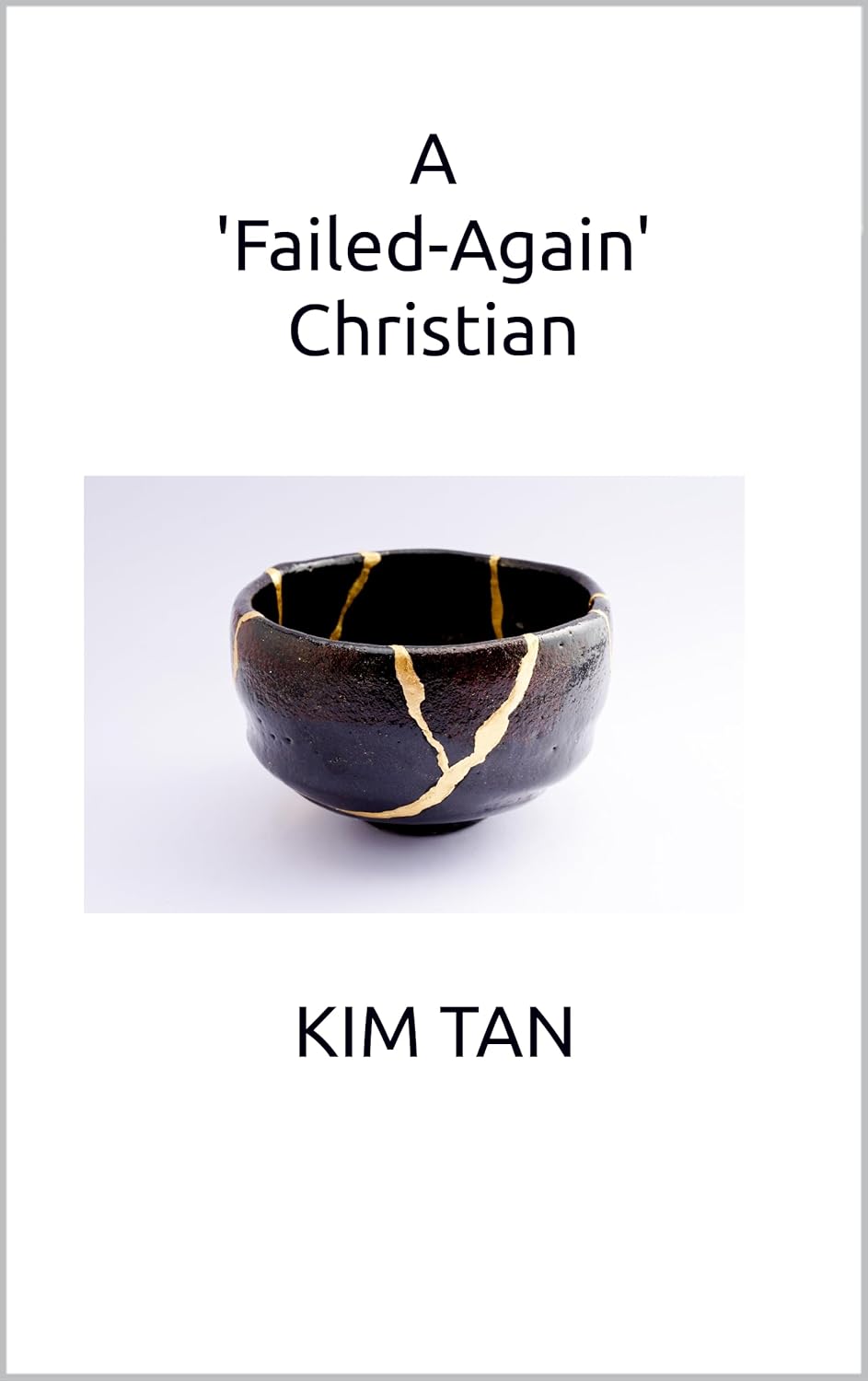
Andrei Rogobete: ‘A “Failed-Again” Christian: Explaining Why I Believe’ by Dato Kim Tan
A ‘Failed-Again’ Christian is an intimate and down-to-earth spiritual memoir that wrestles with some of the most pertinent and enduring questions linked to the reconciliation of faith, science and the problem of evil.
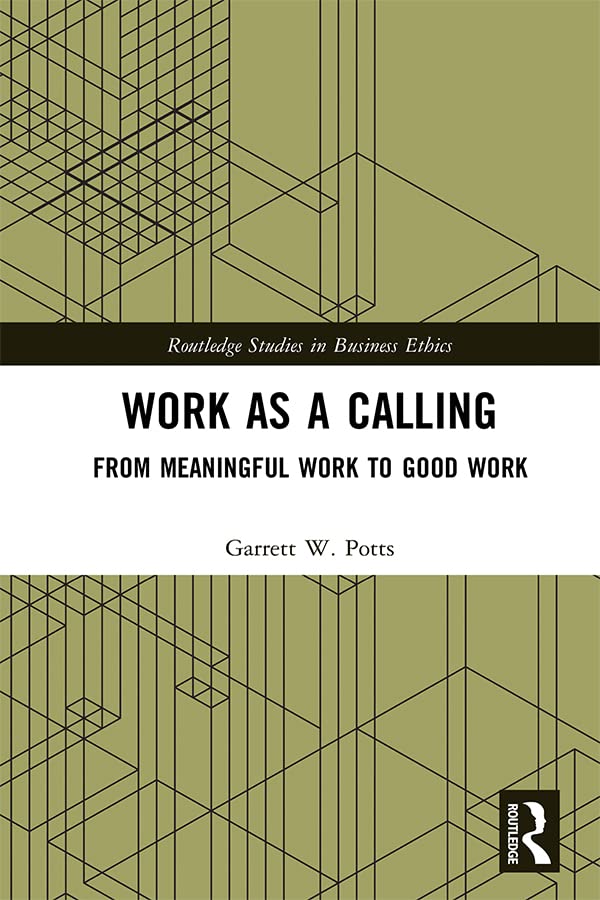
Neil Jordan: Work as a Calling: From Meaningful Work to Good Work
In Work as a Calling, Garret Potts argues for a return to the moral vision of work as a calling, whereby ‘meaningful work’ is ‘good work’ that pursues the common and individual good together.
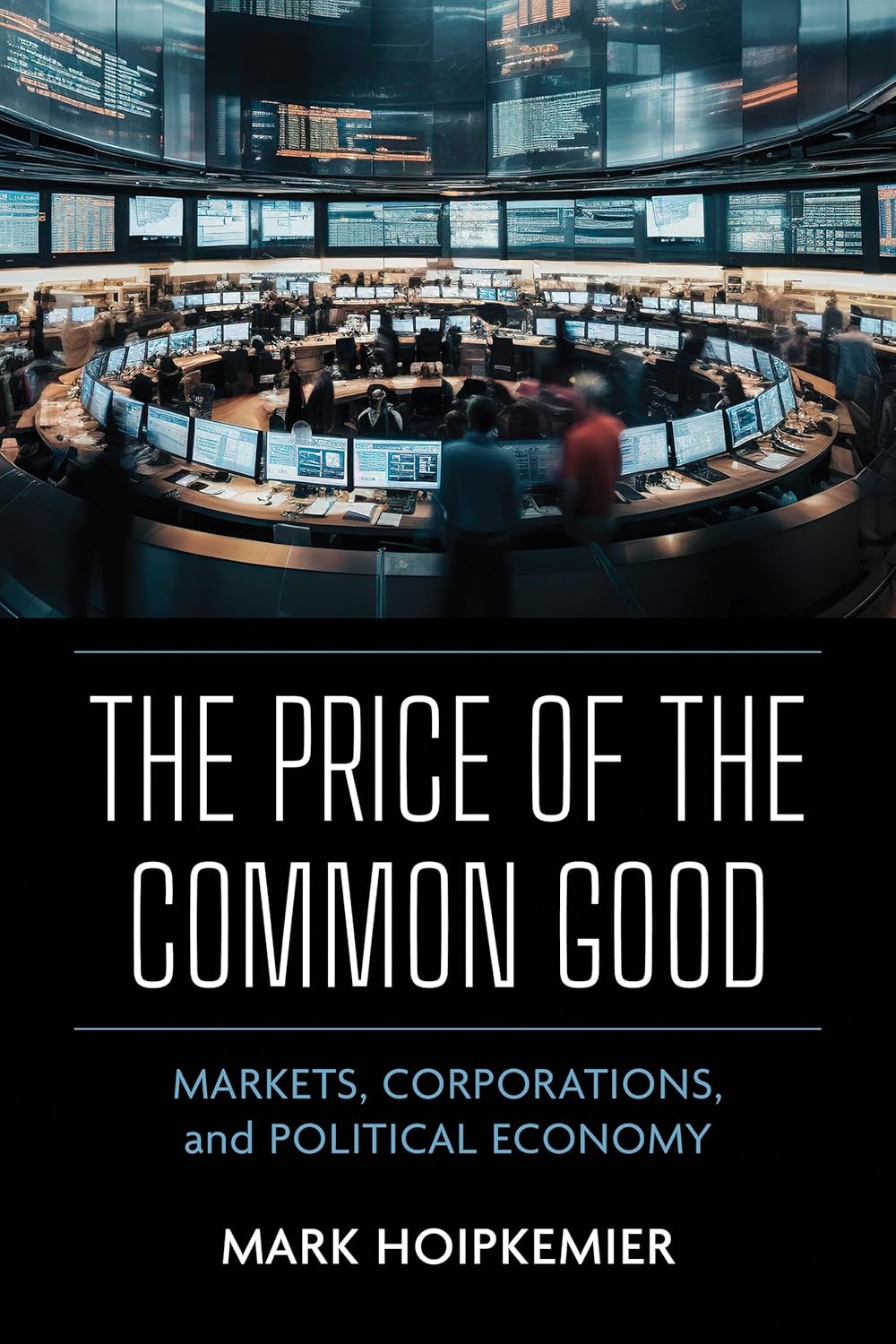
Charles Wookey: ‘The Price of the Common Good: Markets, Corporations, and Political Economy’ by Mark Hoipkemier
In The Price of The Common Good, Mark Hopikemier provides a complex but careful exploration of how acting together in the service of common goods is more common than we sometimes think, but requires a different account of business and its role.
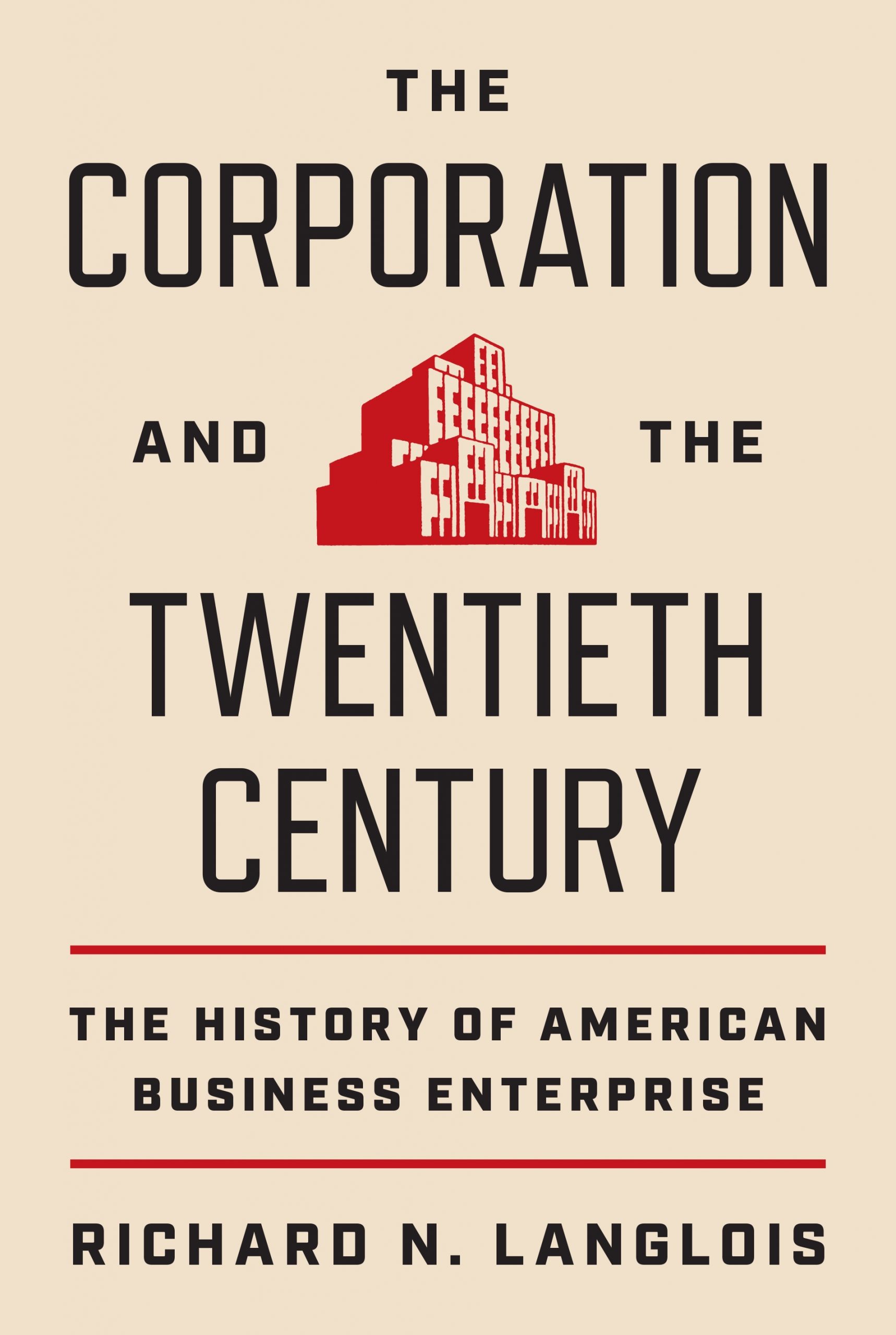
John Kroencke: ‘The Corporation and the Twentieth Century: The History of American Business Enterprise’ by Richard Langlois
Ambitious in scope and rigorous in analysis, The Corporation and the Twentieth Century is a magisterial account of the rise of the managerial corporation that deserves to be read widely.
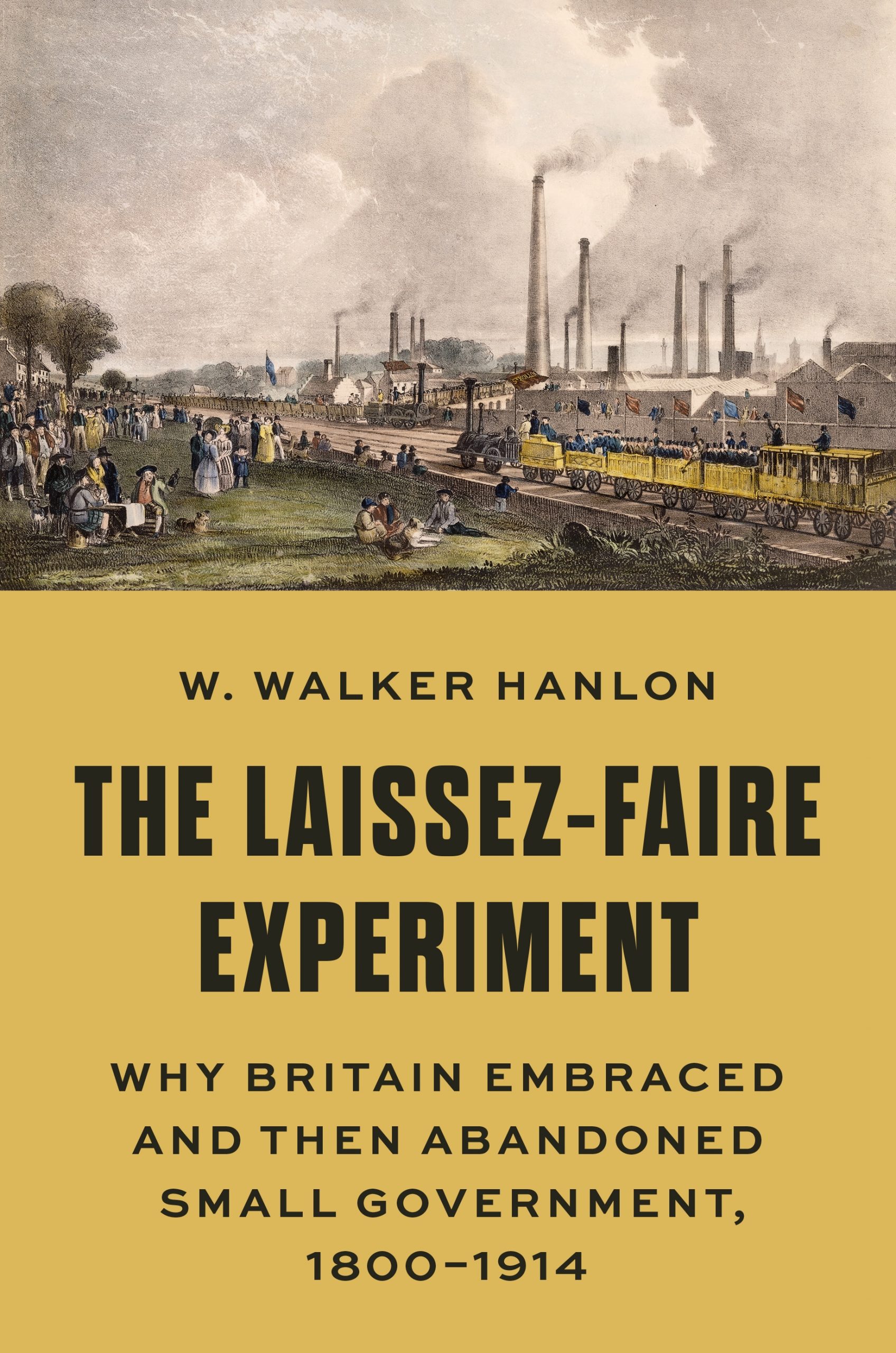
Mark Koyama: ‘The Laissez-Faire Experiment: Why Britain Embraced and Then Abandoned Small Government, 1800-1914’ by W. Walker Hanlon
The Laissez-Faire Experiment considers the consequences rather than the causes of industrialisation, asking how well limited government in mid-19th century Britain worked and why it was abandoned in favour of greater interventionism.
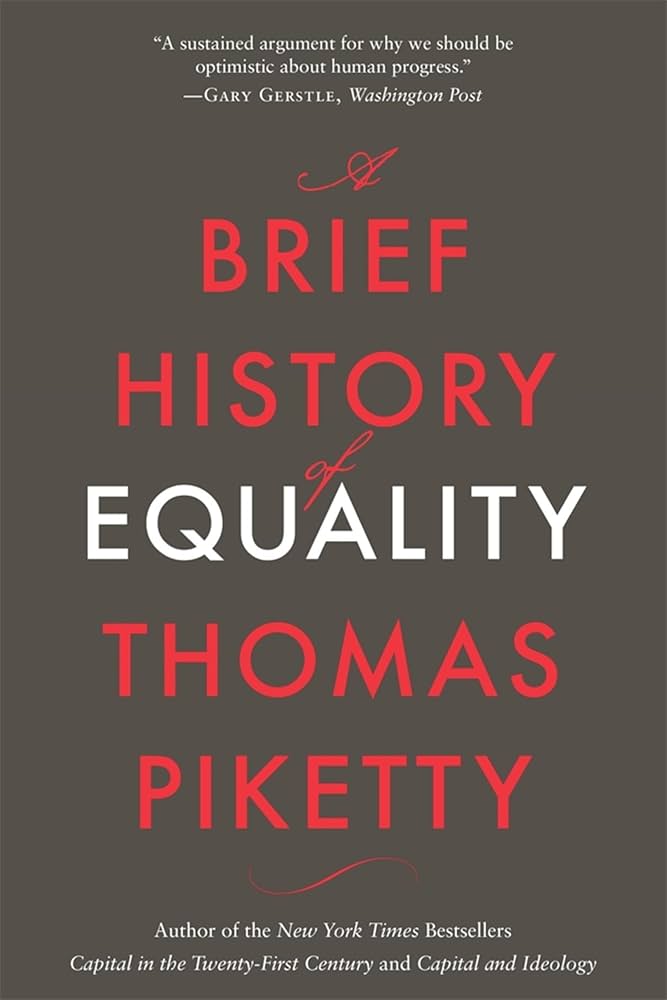
Vincent Geloso: 'A Brief History of Equality' by Thomas Piketty
A Brief History of Equality seeks to argue for policies that the author contends reduced inequality during the 20th century, but the book offers more in the way of manifesto than convincing analysis.
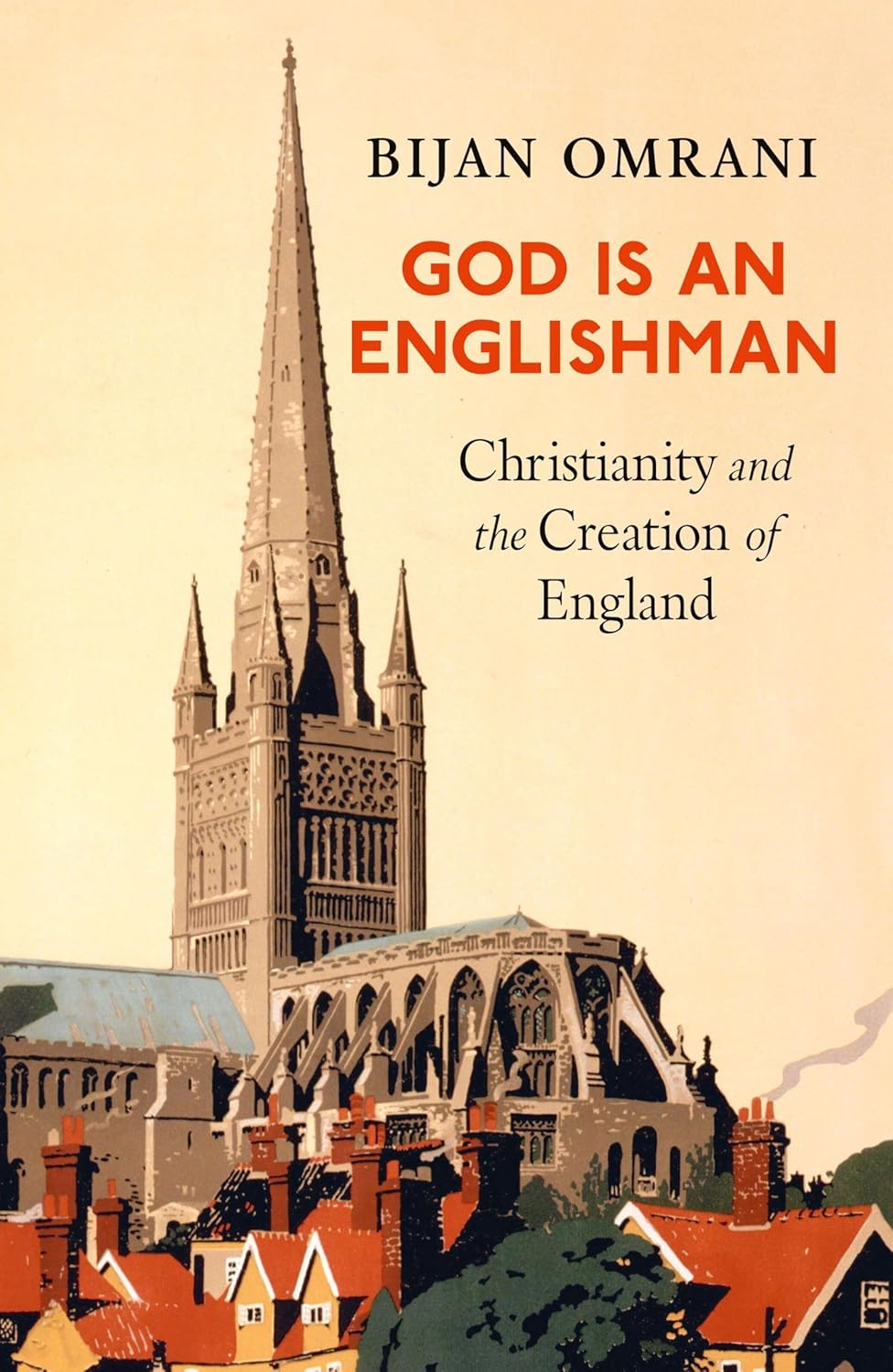
Richard Turnbull: 'God Is An Englishman: Christianity and the Creation of England' by Bijan Omrani
In answering the question of how Christianity formed and shaped law, institution and culture in England, God is an Englishman tells an important story but the book tends to drift from its big-picture narrative and focuses too heavily on the medieval period, as though the Reformation never happened.
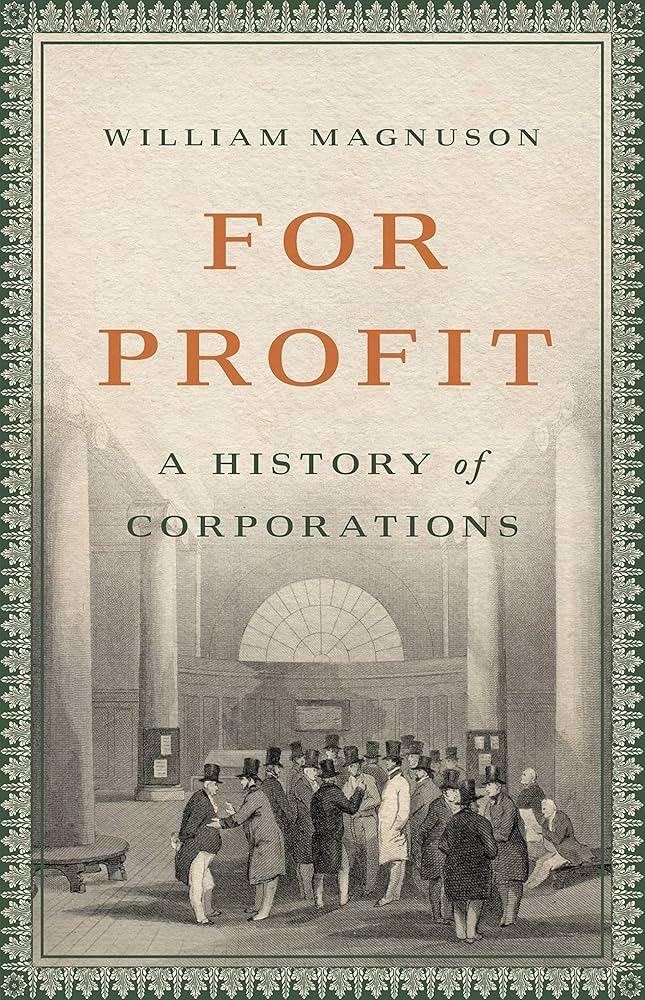
Billy Christmas: ‘For Profit: A History of Corporations’ by William Magnuson
In For Profit, William Magnuson offers a detailed and entertaining narrative of the key episodes in corporate history that document the ways in which the corporation has been deployed by society’s problem-solvers.
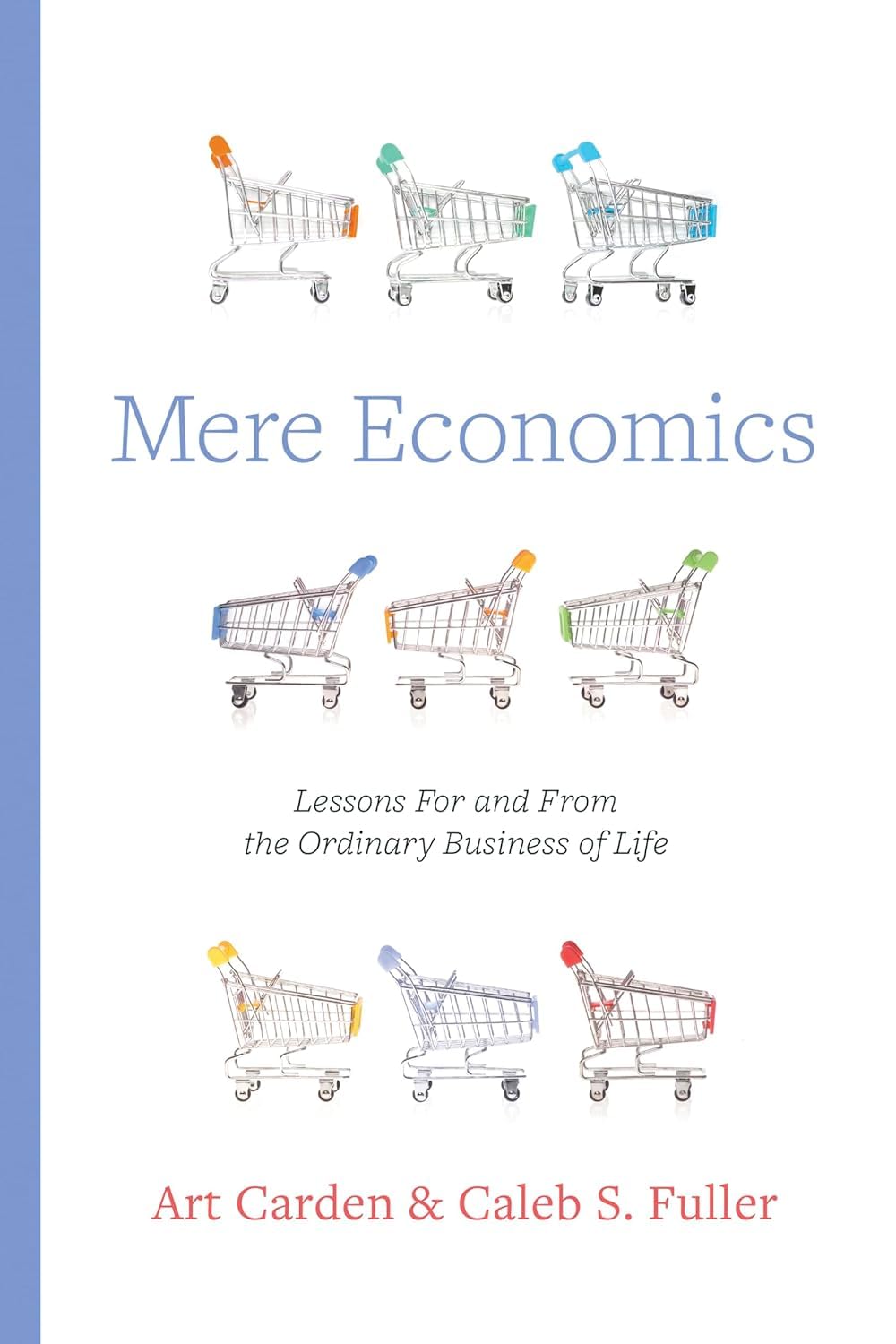
Victor V. Claar: ‘Mere Economics: Lessons For and From the Ordinary Business of Life’ by Art Carden and Caleb S. Fuller
Mere Economics introduces caring Christians to economic thinking, connecting essential facts of faith to central ideas of economics and illuminating issues like poverty, environmental stewardship and other concerns that Christians take seriously.
